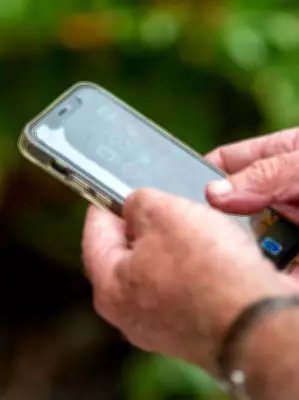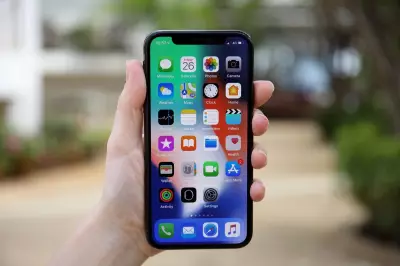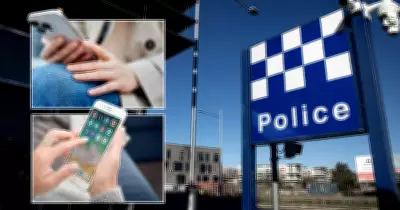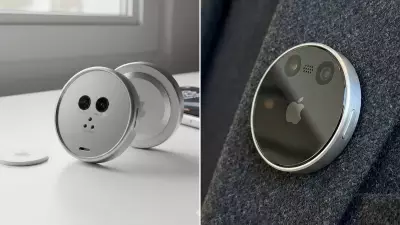
Australia is facing a new wave of sophisticated online scams, with the faces and voices of the nation's most beloved celebrities being digitally hijacked to defraud the public. A new report from computer security giant McAfee has named Chris Hemsworth, Margot Robbie, and Robert Irwin as some of the most exploited figures in these deceptive schemes, which are costing Australian victims an average of $950.
The Most Dangerous Celebrities and Influencers Online
Released on Friday, McAfee's annual Top 10 Most Dangerous Celebrities and Top 10 Most Dangerous Influencers Online lists for 2025 reveal the alarming scale of this digital impersonation. According to the research, scammers are using advanced technology to push fake giveaways, fraudulent cryptocurrency investment platforms, and bogus product endorsements.
Topping the local list is Australian actress Rebel Wilson, whose likeness has been cloned to promote fake weight-loss products. Meanwhile, Chris Hemsworth and wildlife warrior Robert Irwin have been used to lend false credibility to cryptocurrency scams. Even television personality Karl Stefanovic has found his image appearing in advertisements for fake type 2 diabetes medication.
The list of exploited Australian stars is a who's who of local talent, also including Margot Robbie, Hugh Jackman, and Guy Sebastian.
For the first time, McAfee has also identified the public figures scammers impersonate most often on its Most Dangerous Influencers Online list. Top streamer Pokimane ranked number one, with her identity being misused in non-consensual deepfake pornography and fraudulent social media campaigns. YouTube megastar MrBeast placed second on this concerning new list.
How Scammers Are Tricking Australians
The mechanics of these scams are both clever and manipulative. McAfee's research found that a staggering 68 per cent of Australians have encountered fake celebrity or influencer endorsements. Alarmingly, nearly one in three people who clicked on these fakes lost money, with the average financial loss sitting at $950 per victim.
Criminals are exploiting the inherent trust people place in familiar names by hijacking their faces, voices, and online personas. They employ a range of techniques, including:
- AI-generated faces and cloned voices
- Look-alike social media posts
- Impersonation, romance, and giveaway scams
The breakdown of fake promotions shows that cryptocurrency scams make up the largest share at 31 per cent, followed by bogus giveaways (28 per cent), fake weight-loss products (26 per cent), skincare (25 per cent), and tech gadgets (21 per cent).
A National Crisis of Digital Confidence
As AI-generated content becomes increasingly convincing, a significant confidence gap is emerging among Australian consumers. The report reveals that only 16 per cent of Australians feel confident in their ability to identify a deepfake, while 28 per cent admit they have low confidence. This knowledge gap is precisely what scammers are exploiting to their advantage.
"Celebrity and influencer culture has always shaped what people buy, but now it’s shaping how criminals run their scams," said Tyler McGee, Head of APAC at McAfee. "By naming the stars whose names are most often misused, we hope to help fans recognise the red flags — and pair that vigilance with AI-powered tools, like McAfee’s Scam Detector – to stop the fakes before they do harm."
The key takeaway for consumers is to slow down and verify before clicking, sharing, or buying anything promoted by a celebrity online. With the technology for creating convincing fakes now widely accessible, a moment of healthy scepticism could be the best defence against becoming the next victim of these digitally enhanced deceptions.





